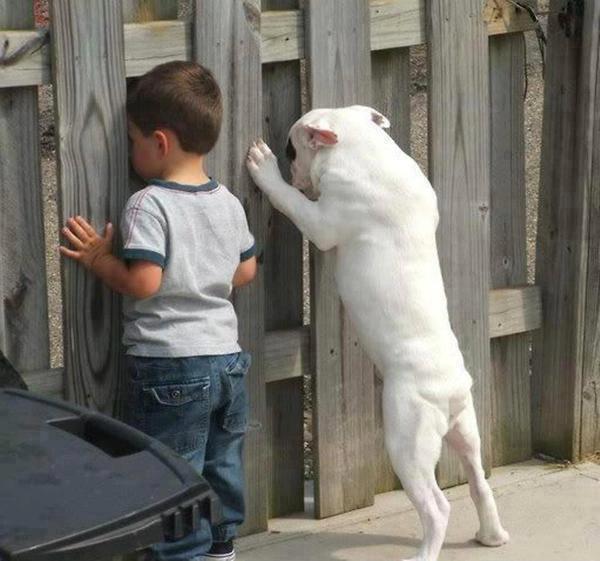…
In English we deal with the future by using nine helping verbs called modals:
will,
shall,
can,
could,
would,
should,
may,
might,
and must.
Only will will ever happen; all the other modals are possibilities, the wouldas, couldas, and shouldas of the world.
…
If you invite friends to a party and one friend says
“I can come,” or
“I could come,” or
“I would come,” or
“I should come,” or
“I might come,” or
“I may come,” or
“I must come,”
that friend probably is not coming.
If someone says to you, “I may come,” or “I might come,” they are being polite; they are not coming.
If someone says, “I shall come,” they are probably coming as surely as someone who says, “I will come.” But shall is not used very much nowadays except in a Yes/No Question where “Yes” is the expected answer: “Shall we go?” “Shall we dance?” “Shall we eat?”
The friend who says “I will be there,” will be there.
…
Every main verb in English has three principal parts. For example, to walk has its base form, walk, and two participles, walking and walked:
……….walk, walking, walked
For the simple future, English will put will in front of the base form, walk. It doesn’t matter who or what the subject is: I, you, he, she, it, we, you, and they will walk.
In Spanish in the future to walk (caminar) changes with every subject:
(I) caminaré (will walk),
(you singular) caminarás (will walk),
(he, she it) caminará (will walk),
(we) caminaremos (will walk),
(you plural) caminaréis (will walk),
and (they) caminarán (will walk).
English in this regard is much simpler than any of the Romance languages.
…
What is the future?
Do we look forward to it with hope or with dread?
Is it our well made plans or a hurricane coming at us?
Are we ever there yet or are we always taking one more step into the next?
What follows is an ESL lesson plan for writing in the future using a poem by Bernadette Mayer called “Tomorrow.”
Bernadette Mayer’s Tomorrow: writing in the future

